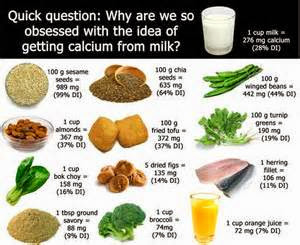As you probably know we get vitamin-D from the sun so some of us may not get enough in the winter. Should you take vitamin-D supplements? Check with your doctor first. Taking vitamin-D if you don't need it can be harmful in some ways. Your doctor can perform a simple blood test and if you need vitamin-D you should follow his or her advice.
Are you aware that vitamin-D is not actually a vitamin but is a hormone? According to Leslie Ray Matthews, M.D. a former trauma surgeon and vitamin-D researcher, "Hormones have a whole-body effect and help you interact with your environment". Dr. Matthews continued, "Vitamin-D plays a huge role in helping your body fight off bacteria, fungus, parasites, and viruses." Some signs of vitamin-D deficiency are fatigue, muscle pain, joint pain, insomnia, and frequent sinus and/or respiratory problems. Unfortunately, those same symptoms can be caused by many other problems. As stated above, check with your doctor if you think you are low in vitamin-D.




























